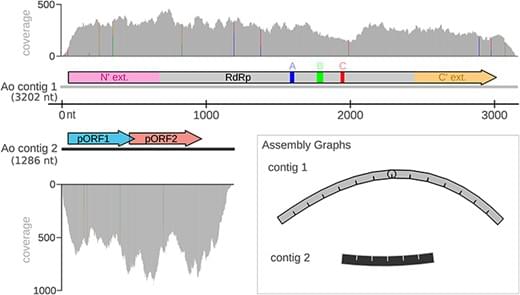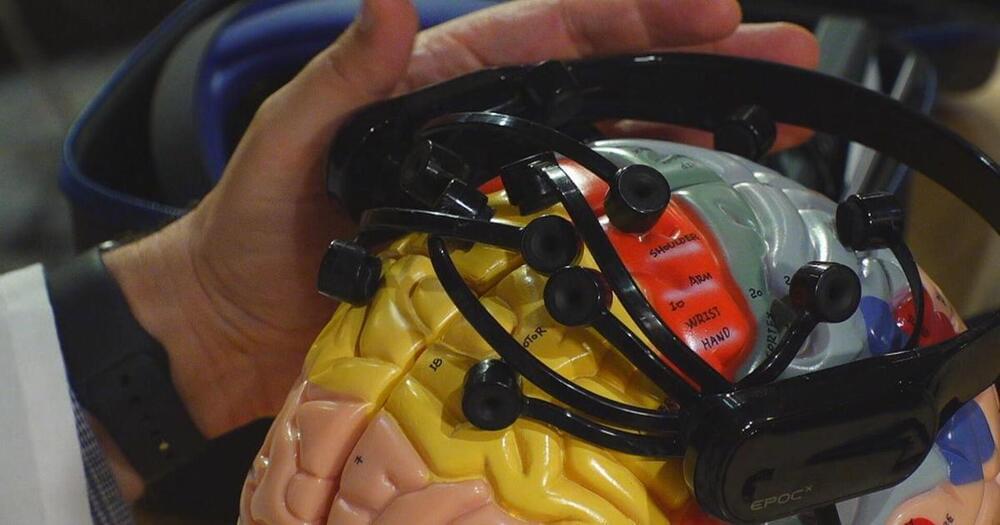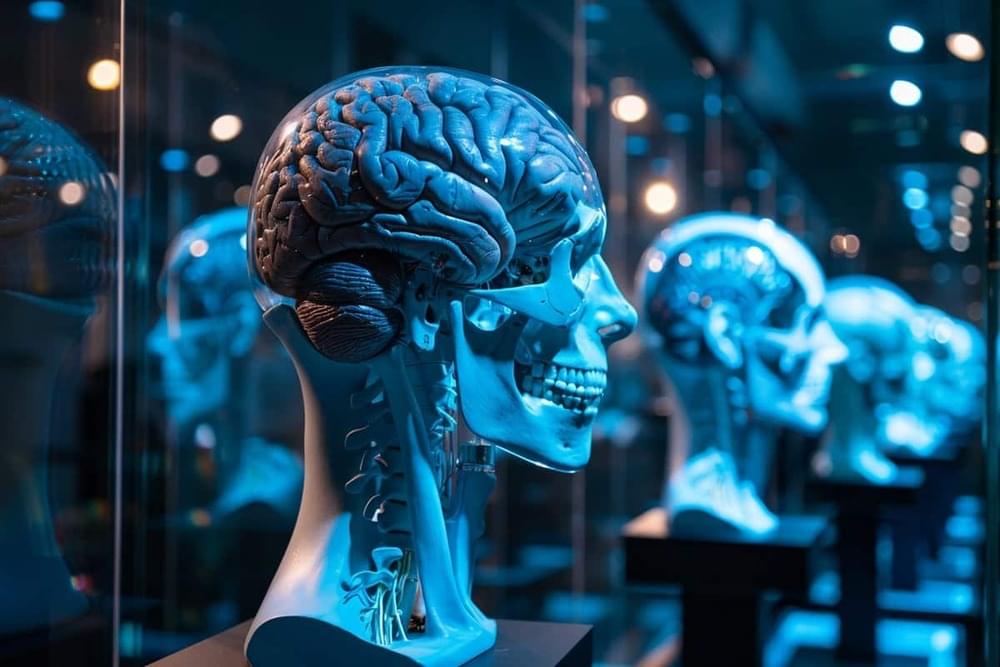Stanford’s new tiny, cheap laser:
Researchers have achieved a potentially groundbreaking innovation in laser technology by developing a titanium-sapphire (Ti: sapphire) laser on a chip. This new prototype is dramatically smaller, more efficient, and less expensive than its predecessors, marking a significant leap forward with a technology that has broad applications in industry, medicine, and beyond.
Ti: sapphire lasers are known for their unmatched performance in quantum optics, spectroscopy, and neuroscience due to their wide gain bandwidth and ultrafast light pulses. However, their bulky size and high cost have limited their widespread adoption. Traditional Ti: sapphire lasers occupy cubic feet in volume and can cost hundreds of thousands of dollars, in addition to requiring high-powered lasers costing $30,000 each to feed it the energy it needs to operate.






